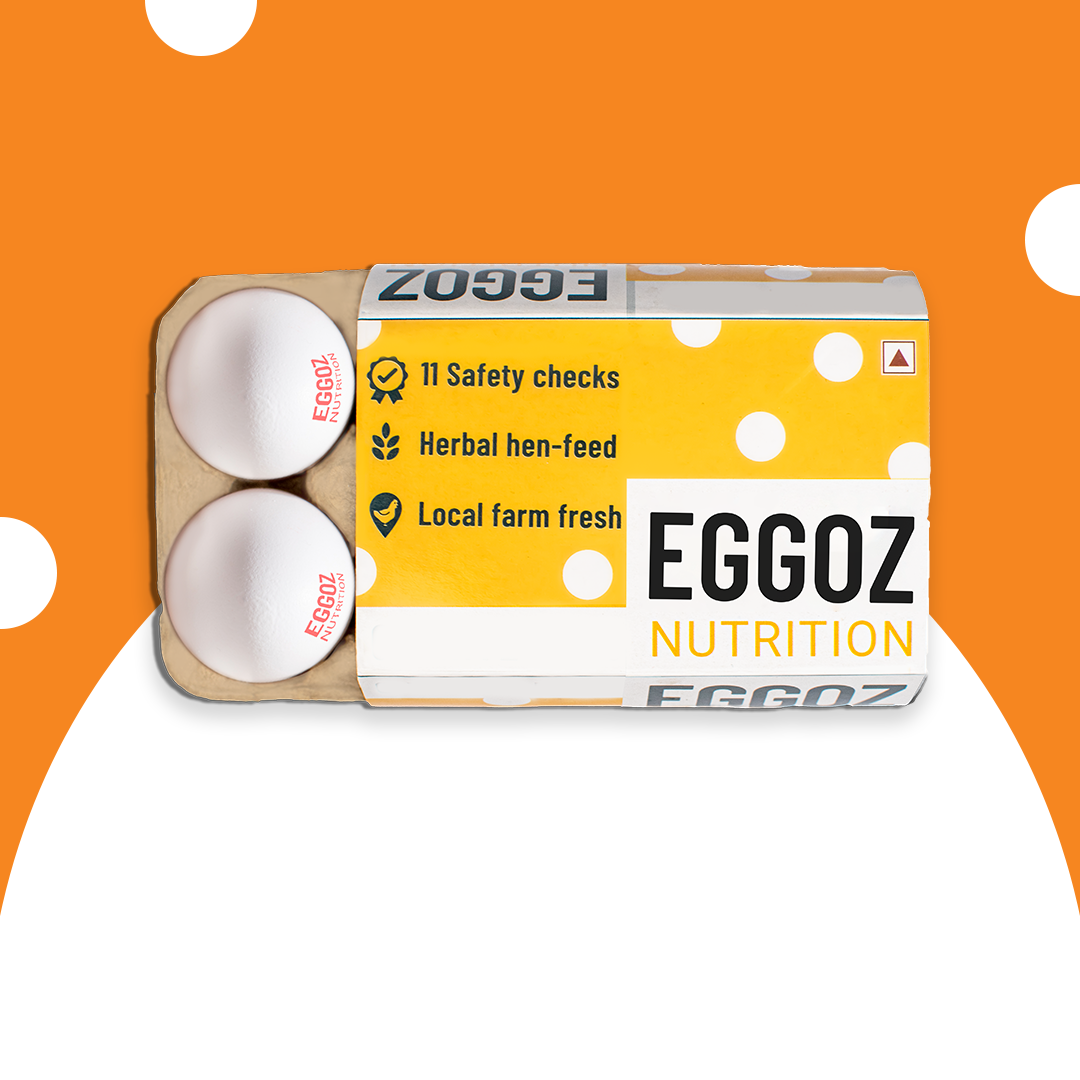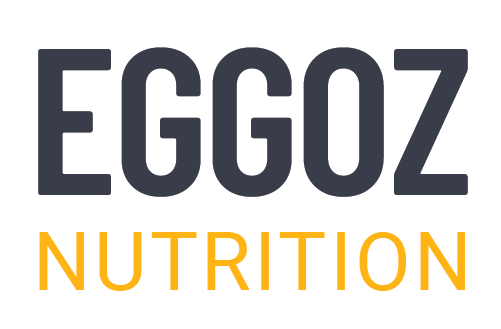When was the last time you thought about your magnesium intake? Probably not often enough.
Magnesium is an essential mineral that plays a crucial role in several functions of the body, yet it's frequently overlooked in our daily diet.
Have you ever wondered what the function of magnesium in the body truly is, or how much you need to stay healthy?
In this blog, we’ll explore everything you need to know about magnesium—why it's important, its key functions, recommended daily intake, how to get more of it, and even touch on the best magnesium supplements available.
The 5 Key Functions and Benefits of Magnesium
Energy Production and Metabolism
One of the main functions of magnesium in the body is to help in energy production. It acts as a cofactor in more than 300 enzyme systems that regulate various biochemical reactions in the body, including protein synthesis, muscle and nerve function, blood glucose control, and blood pressure regulation. Without magnesium, your body cannot convert food into energy efficiently. This makes it an essential mineral for maintaining stamina and vitality throughout the day.
Magnesium for Sleep and Relaxation
If you find yourself tossing and turning at night, magnesium could be the missing piece to a good night's sleep. Studies show that magnesium helps regulate neurotransmitters that relax the body and mind, making it easier to fall asleep and stay asleep. Magnesium for sleep has gained considerable attention due to its calming effect on the nervous system, promoting relaxation and reducing stress. Ensuring you're getting enough magnesium can significantly improve sleep quality, making it an excellent natural solution for those battling insomnia.
Supports Muscle and Nerve Function
Magnesium plays a significant role in muscle contraction and relaxation, making it crucial for athletes and people with physically demanding lifestyles. It ensures that your muscles work properly and can help alleviate cramps, spasms, and other muscle-related issues. Low levels of magnesium can cause muscle weakness or cramps, highlighting the importance of maintaining adequate magnesium levels. Furthermore, magnesium is critical for nerve transmission, ensuring that your brain communicates effectively with your muscles and organs.
Heart Health and Blood Pressure Regulation
Magnesium is crucial for maintaining cardiovascular health. It helps regulate blood pressure, which is essential for heart health. Studies show that people with higher magnesium levels have lower blood pressure, making magnesium an effective nutrient for reducing the risk of cardiovascular diseases. Magnesium also helps maintain a regular heartbeat by regulating the flow of calcium and potassium in the cells, which are essential for normal heart rhythm.
Bone Health and Osteoporosis Prevention
Magnesium, like calcium and Vitamin D, is vital for strong bones. It helps in the absorption of calcium and is essential for bone formation. Around 60% of the magnesium in your body is stored in your bones, and it's involved in converting vitamin D into its active form to aid in calcium absorption. Low magnesium levels can lead to bone loss and increase the risk of osteoporosis, particularly in older adults.
Daily Magnesium Intake: How Much Do You Need?
The daily recommended magnesium dosage varies depending on age and gender. According to the National Institutes of Health (NIH), the following are the Recommended Dietary Allowances (RDAs) for magnesium:
- Men (19-30 years): 400 mg/day
- Men (31 years and older): 420 mg/day
- Women (19-30 years): 310 mg/day
- Women (31 years and older): 320 mg/day
- Pregnant women: 350-400 mg/day
- Breastfeeding women: 310-320 mg/day
It’s important to note that these numbers are for general health. Athletes, pregnant women, or people dealing with certain medical conditions may require higher magnesium levels.
How to Eat a High Magnesium Diet
Getting enough magnesium is easier than you might think if you know the right magnesium food sources to focus on. Here are five magnesium-rich foods to include in your diet:
Leafy Green Vegetables
Dark, leafy greens such as spinach, kale, and Swiss chard are excellent magnesium foods. Just one cup of cooked spinach provides around 157 mg of magnesium, which is almost half of the recommended daily intake for women.
Nuts and Seeds
Almonds, cashews, and pumpkin seeds are particularly rich in magnesium. For example, one ounce of almonds contains 80 mg of magnesium. Including these in your daily snacks can boost your intake significantly.
Whole Eggs
Eggs, particularly One day fresh eggs, are packed with a range of essential nutrients, including magnesium. A whole egg contains around 6 mg of magnesium. But eggs offer much more than just magnesium. Egg whites are filled with amino acids, while the bright orange yolk is loaded with vitamin D, Omega-3, and even more protein-packed eggs benefits. Incorporating whole eggs into your breakfast is an easy way to kickstart your day with both protein and minerals.
Whole Grains
Brown rice, quinoa, and oatmeal are rich sources of magnesium. Just one cup of cooked quinoa can provide 118 mg of magnesium. These grains are versatile and can be added to almost any meal, making them an easy addition to your diet.
Best Magnesium Supplements
If you're struggling to get enough magnesium from food alone, supplements are an effective alternative. The best magnesium supplements typically come in the form of magnesium citrate or magnesium glycinate, both of which are highly absorbable. Supplements can help combat a deficiency of magnesium and support various bodily functions when food sources are insufficient.
Signs of Magnesium Deficiency and How to Combat It
A deficiency of magnesium can have a profound impact on your overall health. Symptoms can range from mild, such as fatigue, to severe, including heart problems and muscle cramps. Some common signs of magnesium deficiency include:
- Muscle cramps or spasms
- Fatigue or weakness
- Nausea
- Abnormal heart rhythms
- High blood pressure
The deficiency of magnesium often goes unnoticed until it manifests as more serious health issues. Ensuring that you consume adequate amounts of magnesium foods like nuts, seeds, leafy greens, and whole eggs can help prevent this. Additionally, consider a magnesium supplement if your diet lacks sufficient magnesium-rich foods.


